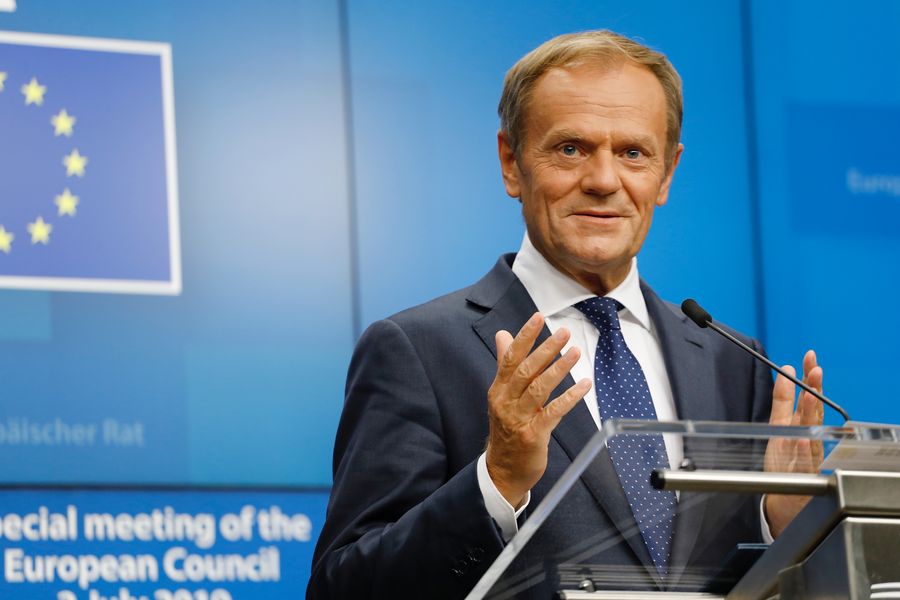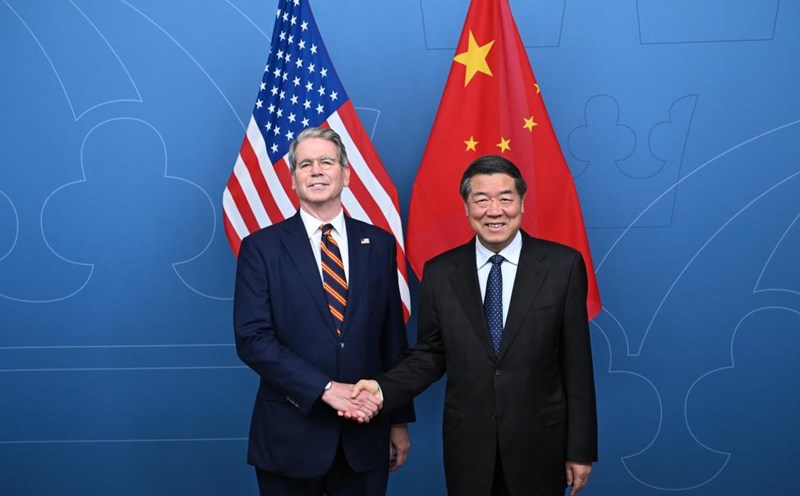In a post on social media X, Polish Prime Minister Donald Tusk said that the new US tariffs would have a negative impact on "both sides of the Atlantic". However, he stressed that a trade deal, although rigid, is better than a meaningless tariff war between allies.
The statement came after the US and the European Union (EU) reached a trade framework agreement on July 27, imposing a 15% import tax on most EU goods, thereby avoiding a bigger trade war between the two partners that account for nearly a third of global trade.
Notably, the new tax rate on US imports will apply to cars - a key European product.
While below the 27.5% threat, this is a significant increase from 2.5% before US President Donald Trump began announcing global tariffs after returning to power in January.

Poland is not expected to export many products directly to the US but is expected to still suffer from chain impacts.
This is because Polish companies often act as subcontractors, such as manufacturing and exporting auto parts to Germany, and then Germany exports finished cars to the US.
Several other Central European countries have also said the deal has eliminated the uncertainty that disrupts transatlantic trade, but they are expected to be affected by the new tariffs.
Also on July 29, the Czech Ministry of Finance noted that US tariffs will slow Czech economic growth by 0.2 percentage points for the rest of the year and 0.39 percentage points in 2026, according to preliminary estimates.











